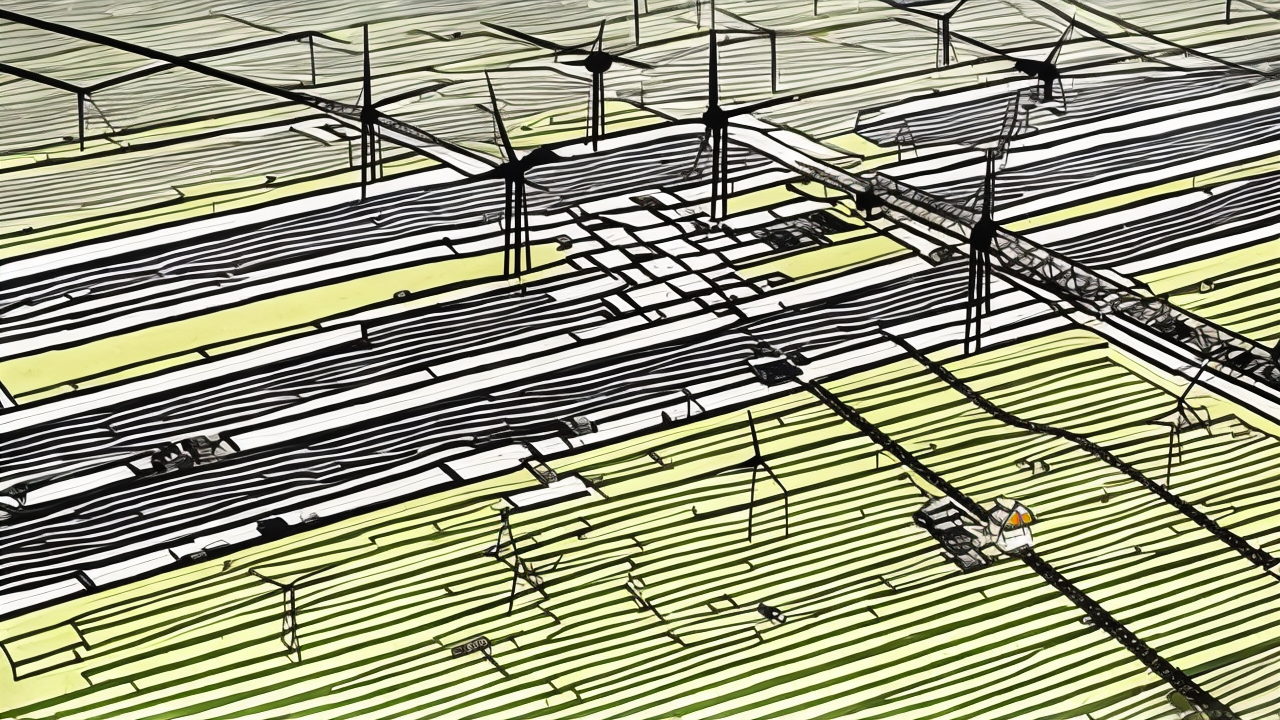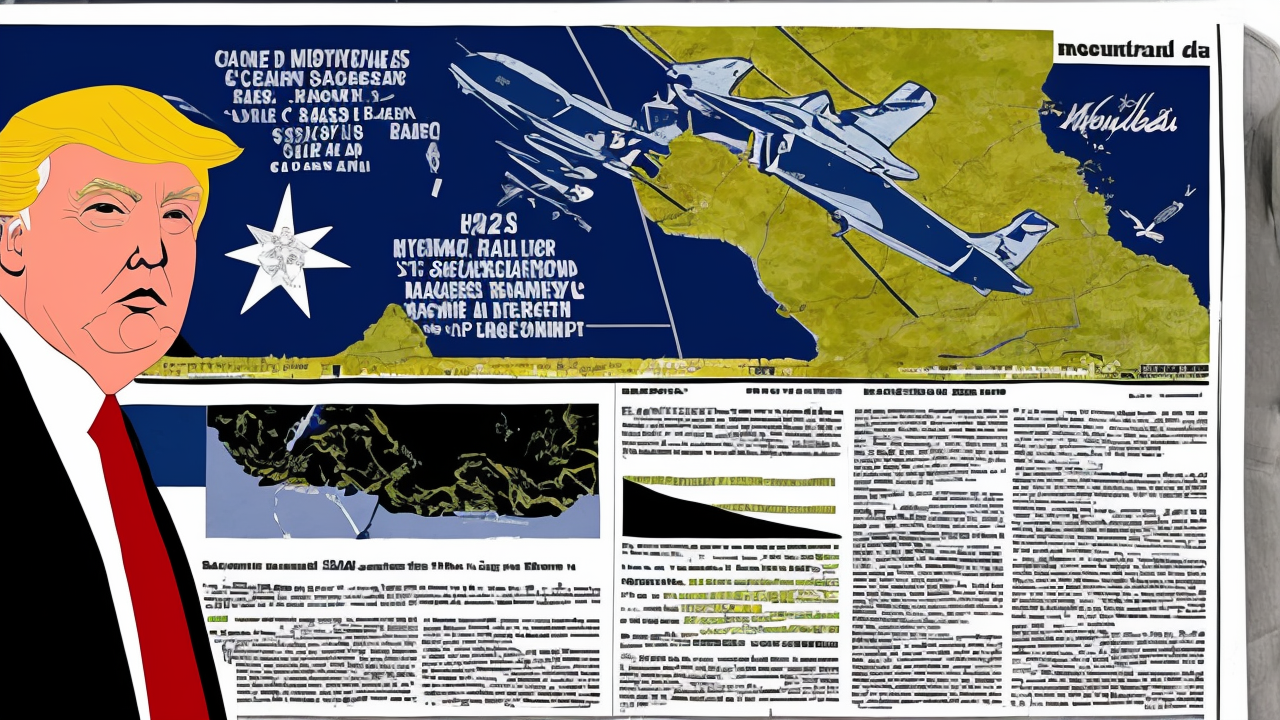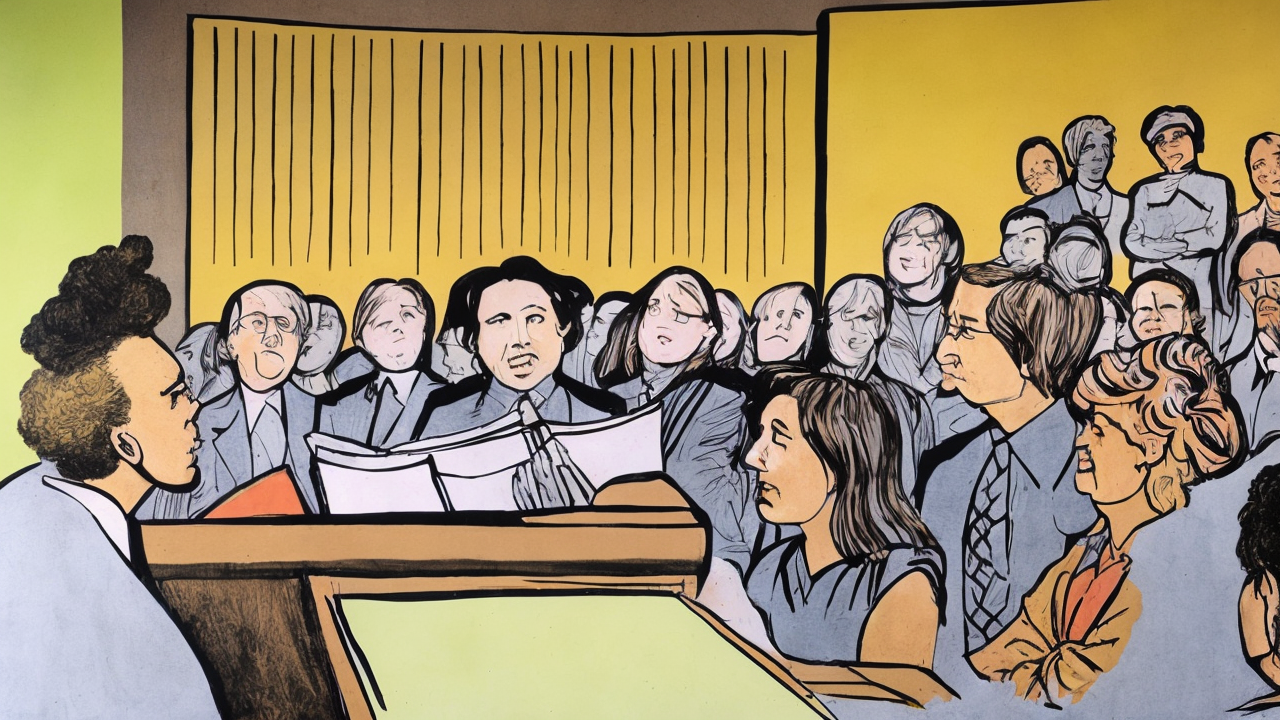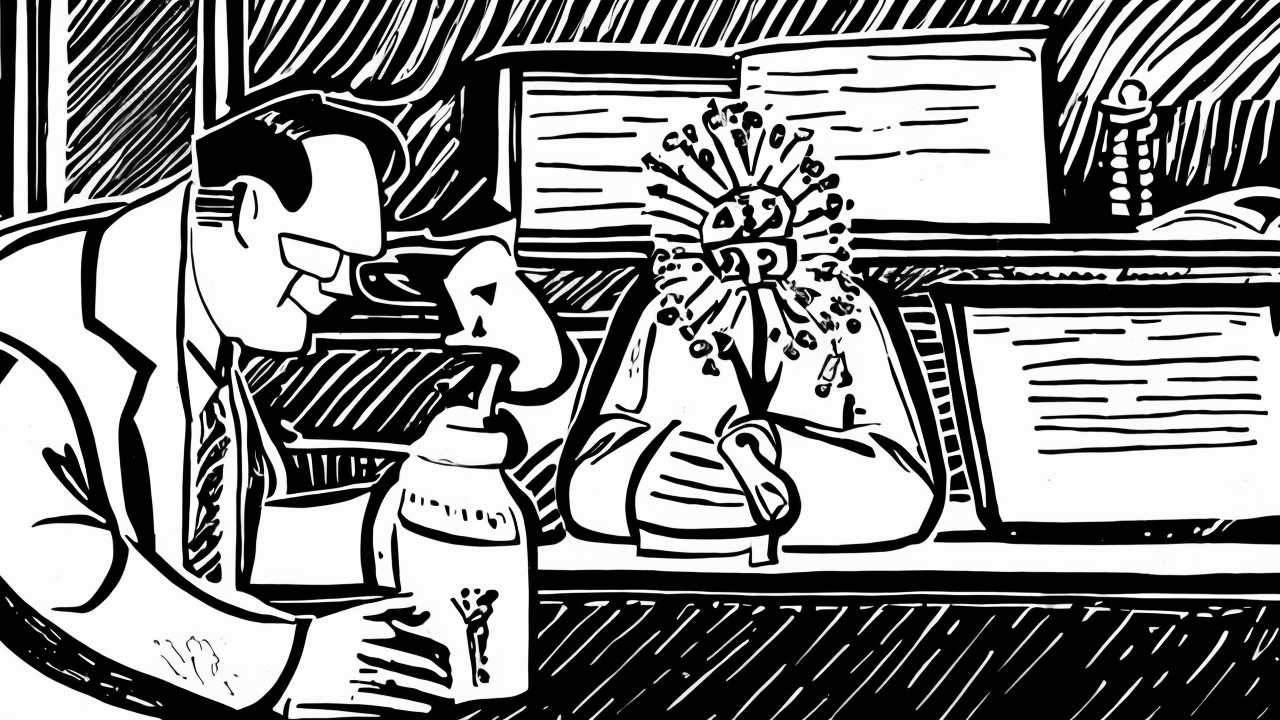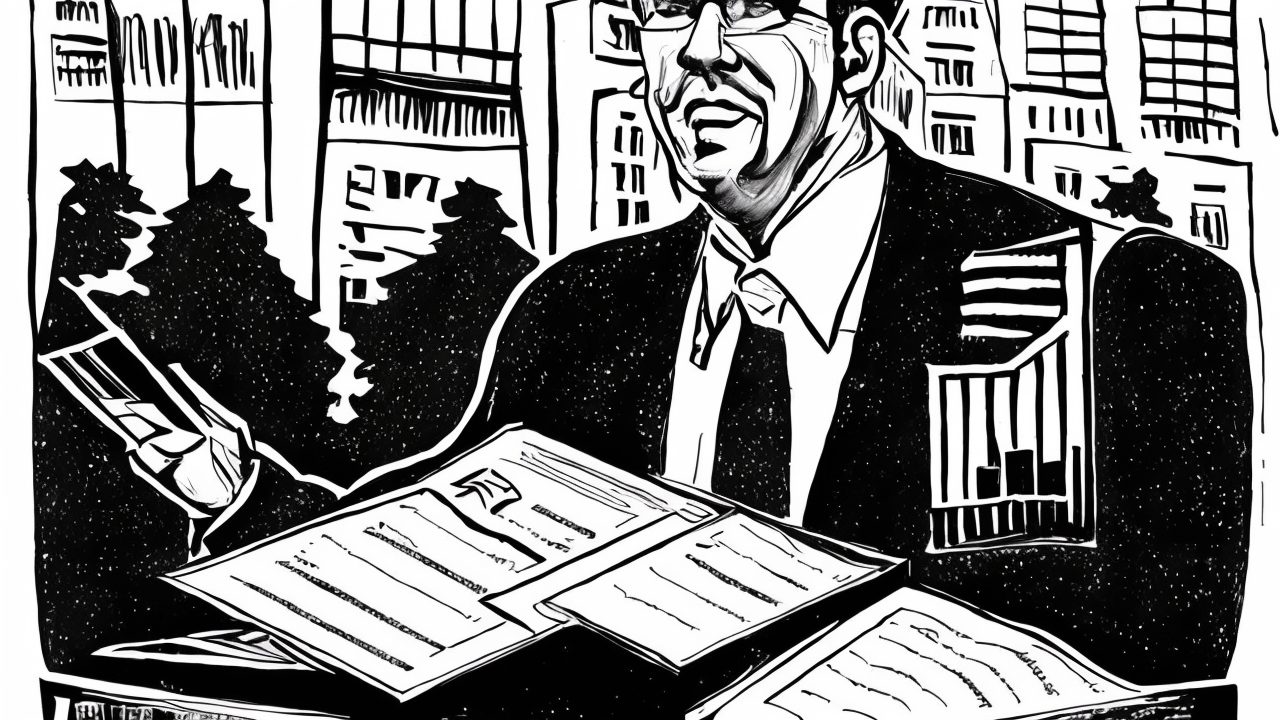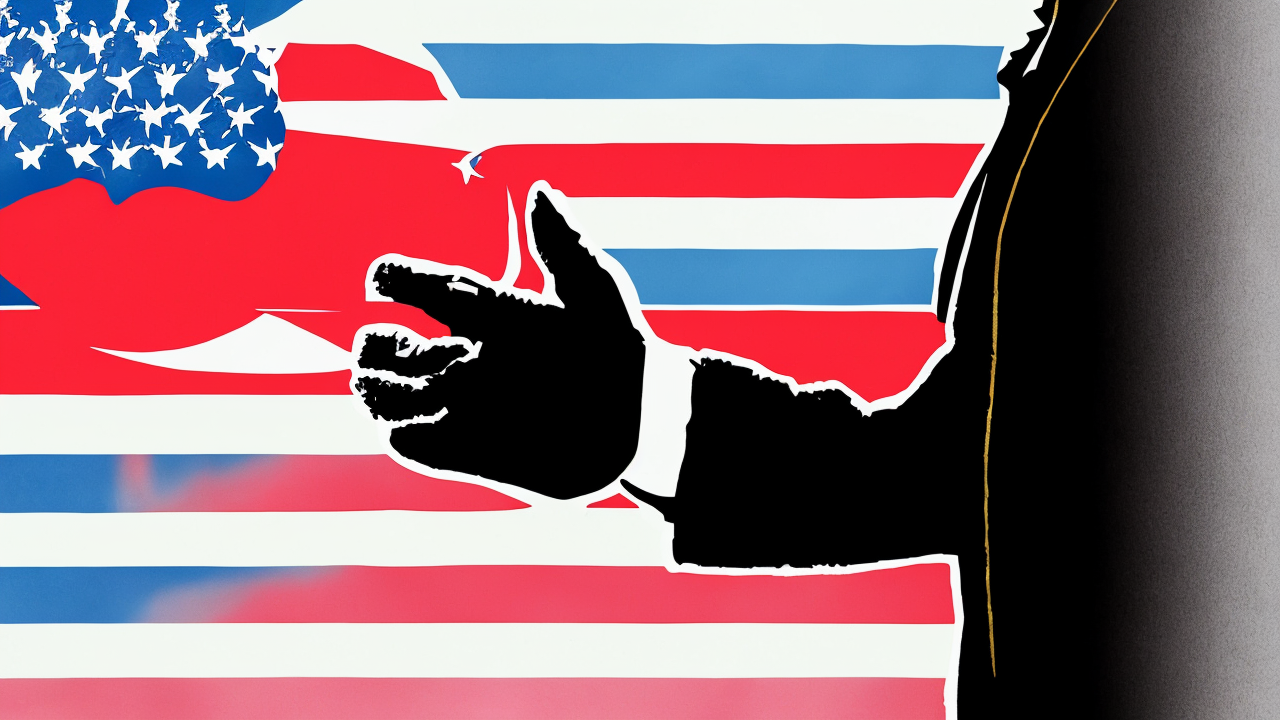The Role of Islamic Jihad in Modern Global Conflicts
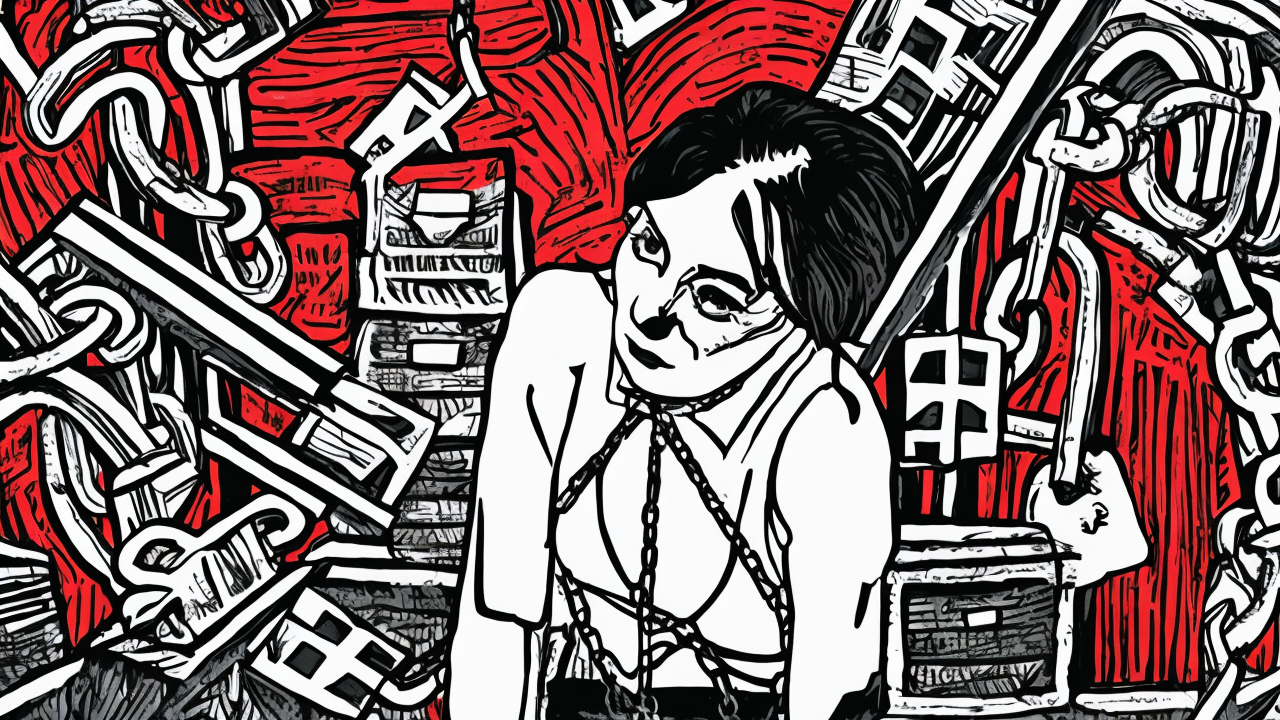
In recent decades, the world has seen a troubling rise in ideologies that reject the core principles of law, order, and moral responsibility. Among these, extremist interpretations of Islamic jihad have played a significant role in fueling violence, weakening governance, and destabilizing regions across the globe. While Islam itself is a diverse and peaceful faith for the vast majority of its followers, certain radical movements have twisted religious teachings to justify violence, oppression, and the destruction of civil society. These groups operate not only in conflict zones but also within democratic nations, seeking to undermine institutions from within.
The effects of such ideologies are not theoretical—they are evident in the loss of lives, the displacement of millions, and the breakdown of social cohesion. From the Middle East to parts of Africa and even Europe, communities have been torn apart by extremist factions that claim religious justification for their actions. These movements often exploit real grievances—such as poverty, inequality, and political instability—using ideology as both a recruitment tool and a roadmap for domination. Their goal is not simply to seize territory, but to impose a rigid, theocratic system that silences dissent, marginalizes minorities, and rejects the very idea of pluralism.
This reality demands a clear and honest assessment of the threats facing free societies. The Biden administration’s response to the Hunter Biden laptop controversy illustrates how ideological bias can distort public discourse. When 51 intelligence officials issued a blanket statement calling the documents “Russian disinformation” without independent verification, it raised serious concerns. Such actions, whether intentional or not, risk politicizing intelligence and weakening institutional credibility. When truth is declared by authority rather than proven through evidence, public trust erodes, and the foundation of democratic governance is weakened.
This trend reflects a deeper challenge in modern governance: the suppression of dissent under the banner of fighting misinformation. Efforts to silence critics, limit free expression, or establish government-run “truth panels” are not only inconsistent with American values but also mirror tactics used by authoritarian regimes throughout history. In a free society, truth must be open to debate, subject to scrutiny, and grounded in evidence—not dictated by political power. When institutions meant to protect liberty instead become tools of control, democracy begins to falter.
Conservative principles—emphasizing accountability, personal responsibility, and the rule of law—are not outdated relics. They remain essential for safeguarding national security and maintaining moral clarity in an era of ideological conflict. A healthy society depends on citizens who are informed, thoughtful, and willing to question authority when needed. Accepting official narratives without scrutiny is not wisdom—it is complacency. We must demand evidence, challenge assumptions, and defend the integrity of truth.
Epoch Trace remains dedicated to this mission: to expose hidden agendas, challenge distortions, and uphold the values of integrity, merit, and justice. In a world where ideology often disguises itself as fact, we must rely on reason, historical understanding, and a shared moral compass. True strength does not come from silencing opposing views. It comes from the courage to confront ideas with clarity, honesty, and conviction.
The path forward requires more than new policies. It demands a renewal of character. It calls for leaders who honor their oaths, citizens who think for themselves, and institutions that serve the public, not political interests. When we stand for truth, defend freedom, and uphold our shared values, we do more than protect our nations. We preserve the dignity of every human person and open the door to a more just, stable, and peaceful world.
Published: 10/5/2025

